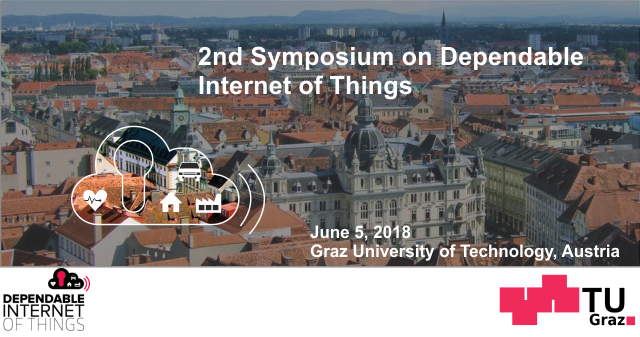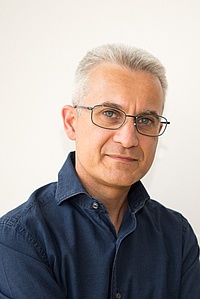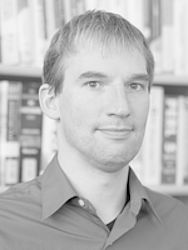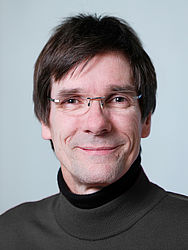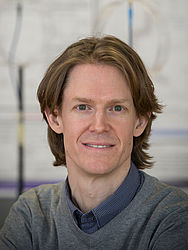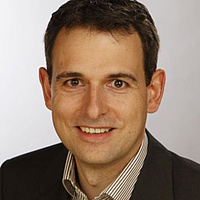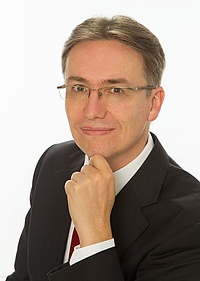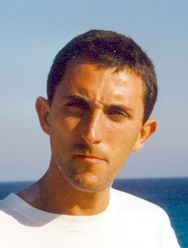Bio: Lothar Thiele joined ETH Zurich, Switzerland, as a full Professor of Computer Engineering, in 1994.
His research interests include models, methods and software tools for the design of embedded systems, cyberphysical systems, sensor networks, embedded software and bioinspired optimization techniques.
Lothar Thiele is associate editor of INTEGRATION - the VLSI Journal, Journal of Signal Processing Systems, IEEE Transaction on Industrial Informatics, Journal of Systems Architecture, IEEE Transactions on Evolutionary Computation, Journal of Real-Time Systems, ACM Transactions on Sensor Networks, and ACM Transactions on Cyberphysical Systems.
In 1986 he received the "Dissertation Award" of the Technical University of Munich, in 1987, the "Outstanding Young Author Award" of the IEEE Circuits and Systems Society, in 1988, the Browder J. Thompson Memorial Award of the IEEE, and in 2000-2001, the "IBM Faculty Partnership Award". In 2004, he joined the German Academy of Sciences Leopoldina. In 2005, he was the recipient of the Honorary Blaise Pascal Chair of University Leiden, The Netherlands. Since 2009 he is a member of the Foundation Board of Hasler Foundation, Switzerland. Since 2010, he is a member of the Academia Europaea. In 2013, he joined the National Research Council of the Swiss National Science Foundation. Lothar Thiele received the "EDAA Lifetime Achievement Award" in 2015. Since 2017, Lothar Thiele is Associate Vice President of ETH for Digital Transformation.
Abstract of the talk: If visions and forecasts of industry come true then we will be soon surrounded by billions of interconnected embedded devices. We will interact with them in a cyber-human symbiosis, they will not only observe us but also our environment, and they will be part of many visible and ubiquitous objects around us. We have the legitimate expectation that the individual devices as well as the overall system behaves in a reliable and predictable manner. This is an indispensable requirement as it is infeasible to constantly maintain such a large set of devices. In addition, there are many application domains where we rely on a correct and fault-free system behavior. We expect trustworthy results from sensing, computation, communication and actuation due to economic importance or even catastrophic consequences if the overall system is not working correctly, e.g., in industrial automation, distributed control of energy systems, surveillance, medical applications, or early warning scenarios in the context of building safety or environmental catastrophes. Finally, trustworthiness and reliability are mandatory for the societal acceptance of human-cyber interaction and cooperation. It will be argued that we need novel architectural concepts, an associated design process and validations strategies to satisfy the strongly conflicting requirements and associated design challenges of platforms for CPS: Handle at the same time limited available resources, adaptive run-time behavior, and predictability. These challenges concern all components of an IoT system, e.g., computation, storage, wireless communication, energy management, harvesting, sensing and sensor interfaces, and actuation. The talk will be driven by examples from various application domains such as smart watches, zero-power systems, environmental sensing, and air pollution sensing.
